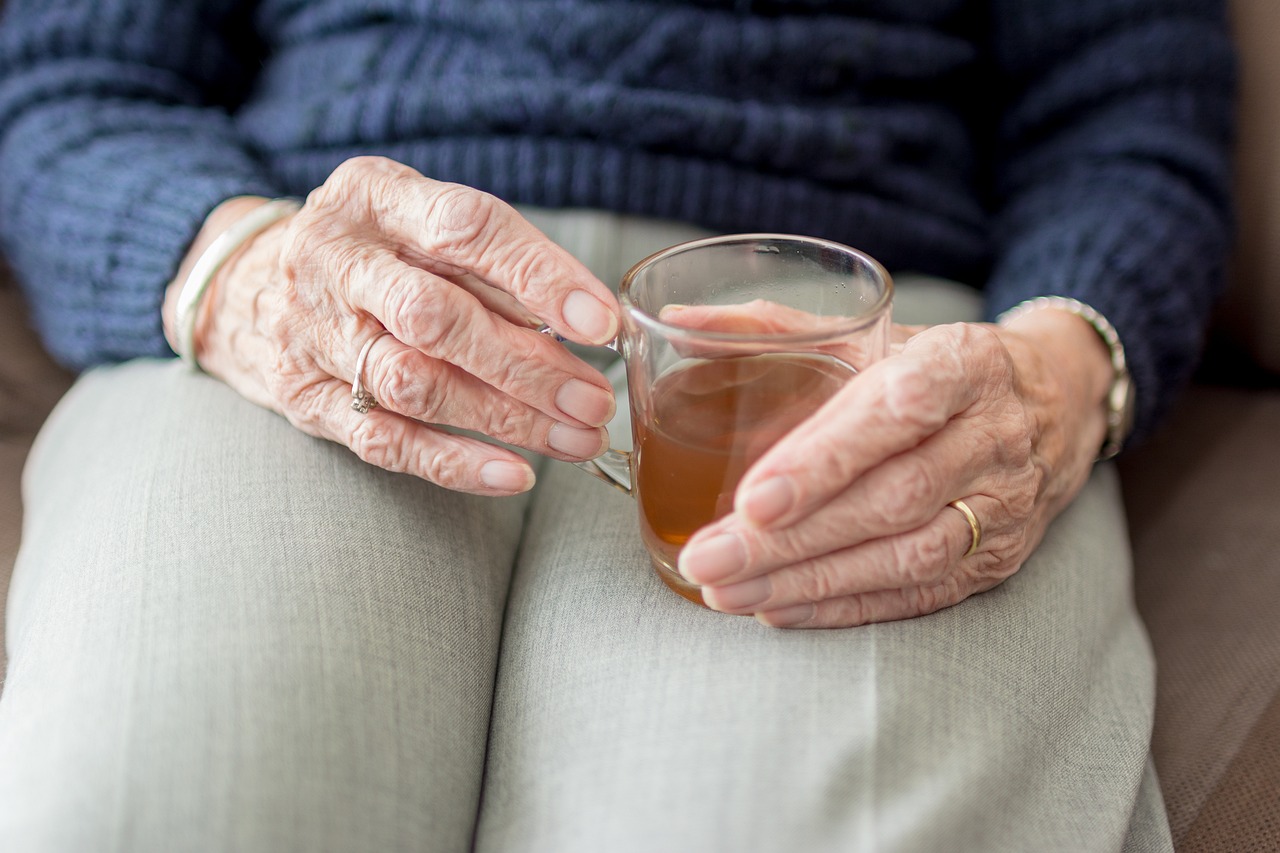Table of Contents
Entering the golden years can be one of the most fulfilling phases of life, filled with opportunities for growth, new experiences, and the wisdom that comes with age. Embracing these years with vitality and purpose can lead to a richly rewarding experience.
Understanding the Importance of Mental Health
Mental health is pivotal to thriving in the golden years. As we age, our mental faculties often face challenges, making it essential to focus on maintaining cognitive sharpness and emotional well-being. Engaging in mental exercises such as puzzles, reading, or learning new skills can keep the brain active and healthy.
The Power of Physical Activity
Physical activity remains a cornerstone of well-being at any age, but it becomes even more critical as we grow older. Regular exercise helps maintain strength, flexibility, and balance, reducing the risk of falls and injuries. Activities such as walking, swimming, or yoga can be both enjoyable and beneficial. Moreover, physical activity promotes cardiovascular health, aids in managing weight, and boosts overall energy levels. It&8217;s also known to improve mood by releasing endorphins, often referred to as ‘feel-good’ hormones. Before starting any new exercise regimen, it&8217;s wise to consult with a healthcare provider to tailor activities to individual abilities and needs. Embracing a physically active lifestyle can significantly enhance one&8217;s vitality and enjoyment of life.
The Role of Nutrition in Aging
Good nutrition acts as a bedrock for healthy aging. As the body’s metabolism slows down, the need for nutrient-rich foods becomes more pronounced. A balanced diet that includes a variety of fruits, vegetables, whole grains, lean proteins, and healthy fats can provide essential vitamins and minerals. Staying hydrated is equally important for maintaining bodily functions and overall health. Reducing intake of processed foods, sugar, and excessive salt can help prevent chronic conditions such as diabetes and hypertension. Sometimes, dietary supplements may be necessary, but these should be taken under the guidance of a healthcare professional. Focusing on nutrition helps ensure that seniors can maintain their vitality and stay active and engaged in life.
Cultivating Meaningful Relationships
Meaningful relationships offer tremendous value in one’s later years. Close connections with family and friends provide emotional support, reduce feelings of isolation, and contribute to overall happiness. Engaging in social activities—whether it’s joining clubs, participating in community events, or simply spending time with loved ones—can create a sense of belonging. Even casual interactions, like chatting with neighbors or joining a group for a hobby, can alleviate loneliness. Technology also offers avenues for maintaining relationships, with video calls and social media bridging geographical gaps. By investing time and effort into nurturing relationships, seniors can build a network of support that enriches their lives and lends purpose and joy to daily living.
Embracing Lifelong Learning
Learning doesn’t stop with age; in fact, the golden years provide an excellent opportunity to explore new interests and hobbies. Lifelong learning stimulates the mind and can open doors to exciting and fulfilling activities. Whether it’s taking a class at a local community college, learning to play a musical instrument, or picking up a new language, these activities can be intellectually rewarding and fun. Many seniors find joy in volunteering, sharing their knowledge, and experiences with younger generations. Not only does this offer a sense of purpose, but it also fosters intergenerational bonds. Embracing lifelong learning helps keep the mind active, enhances self-esteem, and encourages a continuous sense of curiosity and engagement with the world.
